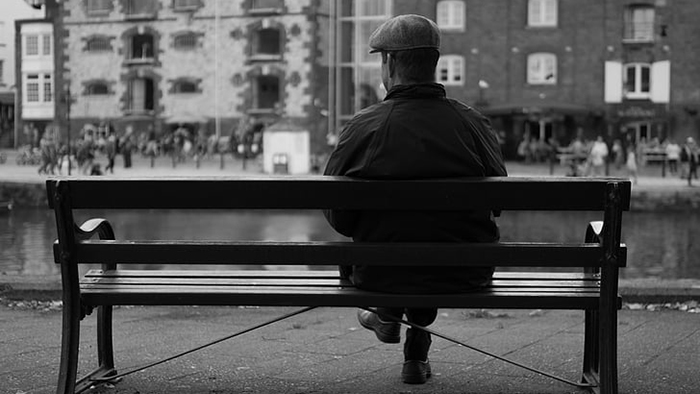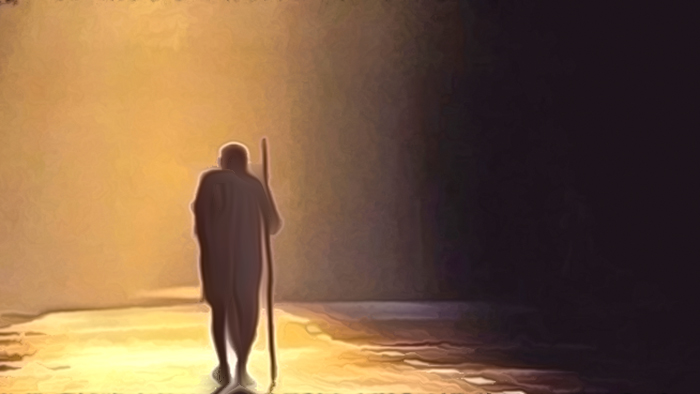
We wake up into life with the incurable sense that we’re special, that we’re the center of the universe. Our own being is what’s most massively real to us. As Descartes famously said, the only thing that we know for sure is real is our own selves; I think, therefore, I am. Fr. Ron Rolheiser writes that Christianity and Judaism take as dogma that we’re born, every one of us, in the image and likeness of God. This brings with it a sense of the preciousness, dignity, and uniqueness, of our lives. But with that too comes pride and grandiosity. Simply put, we can’t have Godliness inside us and not feel ourselves as special. Grandiosity is the source of human strife, but equally the source of human greatness. Grandiosity, pride, shame, frustration, and daydreams of greatness, can indeed be our downfall and turn us into awful persons, selfish, jealous, spiteful, and murderous. But they can also be the source of greatness, of nobility of soul, of generosity, of selflessness, of generativity, of true prayer, and can turn us into selfless martyrs of faith, hope, and charity. Our godliness is very mixed blessing; but it is, no doubt, our greatest blessing. Bishop Robert Barron notes that Thomas Aquinas said creation is the presence of God always at work at the very roots of our being. Creation is not a once-and-for-all act of the essentially transcendent God but rather the ever-present and ever-new gift of being poured out from the divine source. What Aquinas implies is that the creature is a relationship to the energy of God, which is continually drawing it from nonbeing to being, making it new. Once the soul has been transfigured, the only path that seems appealing is the one walked by Christ—that is to say, the path of radical self-offering, self-surrender. Fired by the God-consciousness, in touch with the divine source within us, drinking from the well of eternal life, we are inspired simply to pour ourselves out in love. The Father promises eternal life for everyone who believes in the Son. This is our inheritance, that every human being is a subject of inestimable value because they have been created by God and destined by Him for eternal life.









